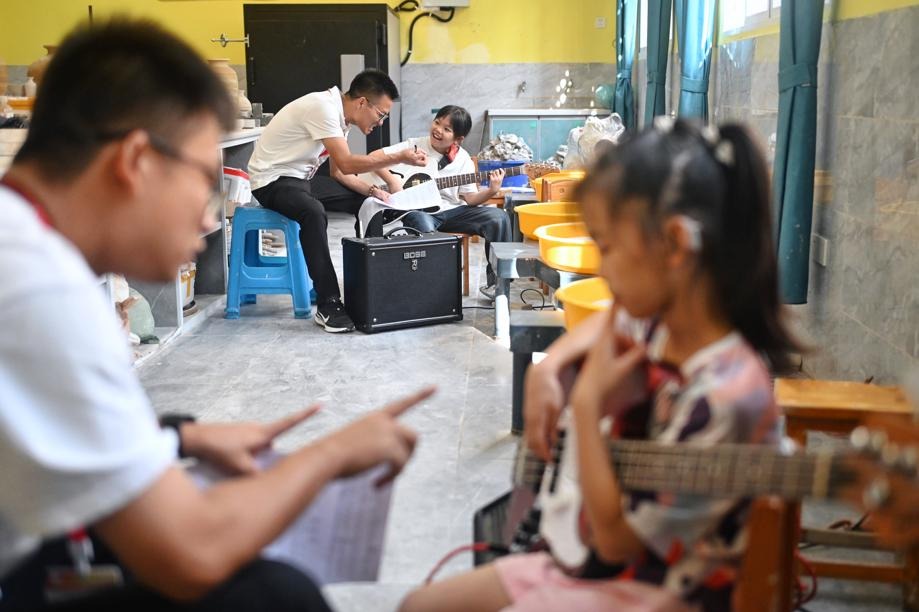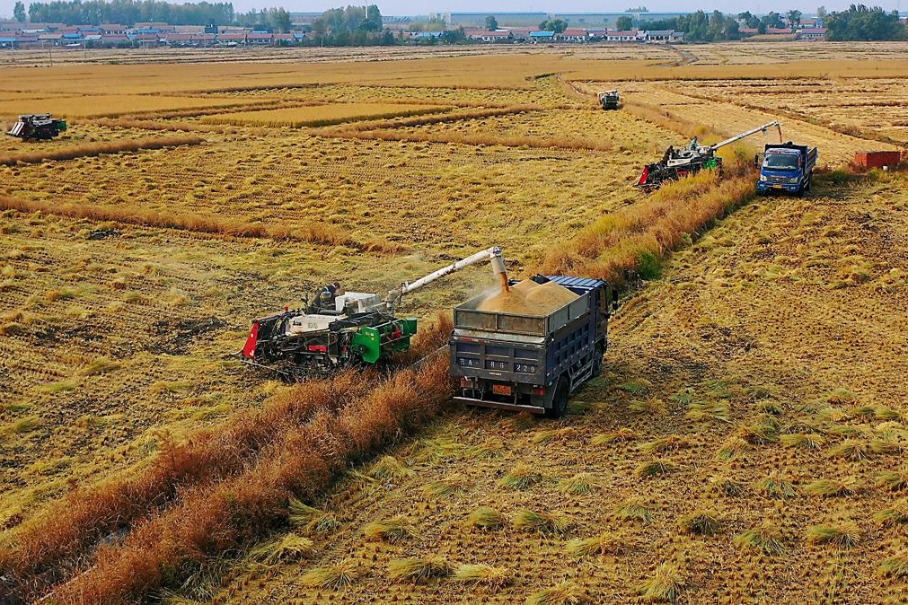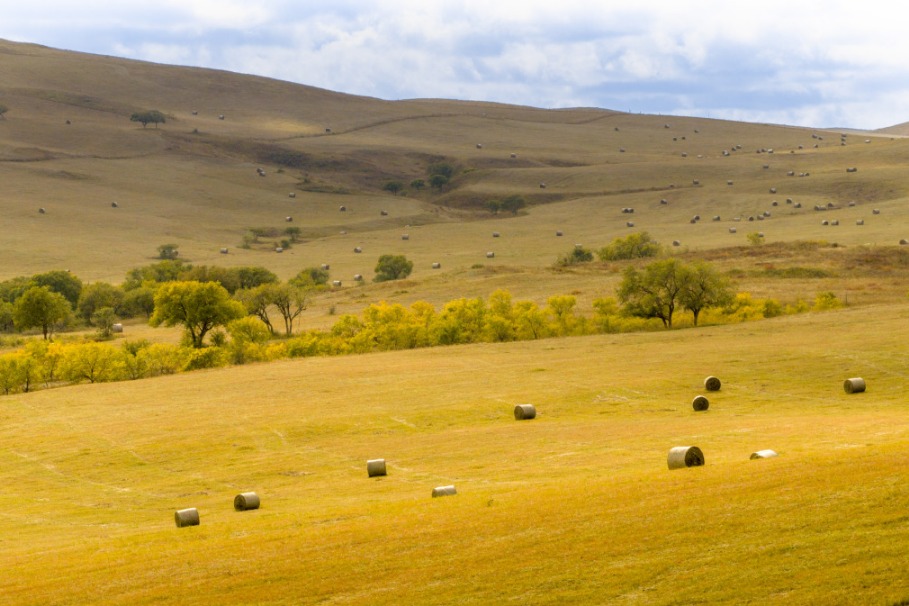Space tech underpins stellar Games


The meteorological data gathered by the equipment are transferred to weather forecasters who use the information to produce reports and make decisions on issues, such as whether artificial snow needs to be created, he said.
Wei Shuo, another engineer at the institute, said: "For example, there is a cloud radar on the top of Haituo Mountain (in Beijing's Yanqing district) that has been collecting snowfall data for the past six years. It detects and analyzes the moisture content, position and speed of clouds to help weather experts forecast and monitor snowfalls."
In addition to the fixed radars and stations, the engineers have designed and produced hundreds of handheld snow analyzers.
"This portable device relies on sensors and cutting-edge algorithms to identify the condition of ground snow. It features a special data pool of snow conditions in sports venues that have been measured and recorded by our engineers over the past two years," Wei said.
All data collected by the institute's products are transmitted back to the Games' weather department in a matter of minutes, enabling forecasters to produce accurate, timely reports for sports organizers and athletes, he added.
- Drones make cleaning of high-rises safer, quicker
- Brain cancer drug cleared for phase III clinical trials
- China records 48.3% growth in visa-free entries in Q3
- Chinese researchers design microrobot for precise particle, cell delivery
- Intl vloggers explore cultural beauty of Pingyao Ancient City
- Butterfly farmer's business takes wing in remote village





































